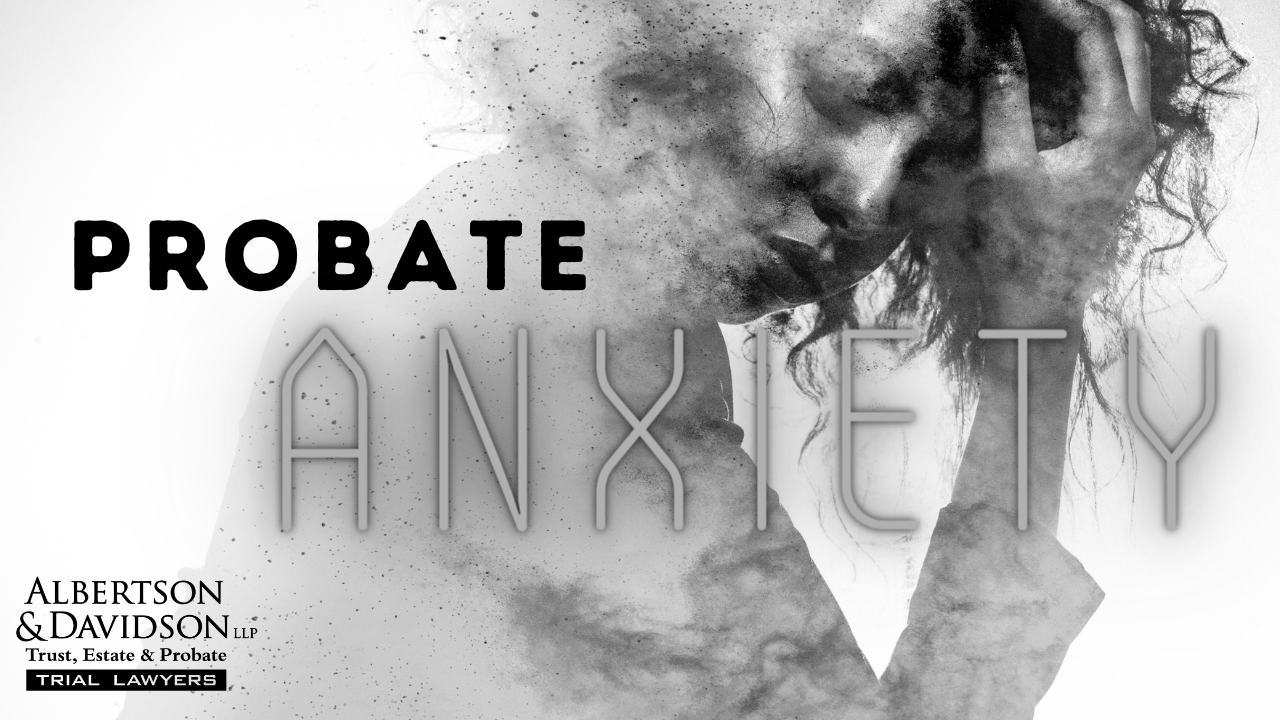
In our first post in this Trust Uses and Abuses series, we discussed the dreaded word: Probate. In this post we will explore why the court-supervised world of Probate causes anxiety when it comes to using Wills. Why all the fuss? Well as you might imagine, any process that requires court supervision is going to take time. Courts are busy, their rules are strict and can be confusing, and certain processes must be followed or else you cannot keep the process moving along.
For example, before a court can issue an order to admit a Will to probate, you first must file a Petition for Probate. That petition must be properly served on all interested parties using the proper forms and methods for service. You then must publish a notice of the probate proceeding in the local newspaper for all the world to know a Probate is being opened for the decedent. And then the Court will review everything you filed and determine if it can grant your order to admit the Will to probate.
And that’s just a short list of what you must do to open a Probate. If anyone comes in and objects to your Will or to the named Executor acting over the estate, then things get far more complicated and drawn out. Even an easy Probate case can take twelve to eighteen months from start to finish. More complex estates, or estates with drawn out issues, can take several years.
What Are The Fees of an Executor and Attorney?
And then there’s the fees. In Probate, the Executor is entitled to a statutory fee—that’s a fee set by law. The fee is 4 percent for the first $100,000; 3 percent of the next $100,000 and 2 percent for the next $800,000. Anything over a million requires a 1 percent fee. So if you have an estate with total assets of $1 million dollars, then the statutory fee would be $23,000—that’s 2.3 percent of the overall estate value.
And the attorney for the Executor gets the same fee. That’s right the Executor takes $23,000 as fees and the Executor’s attorney takes another $23,000 as fees; $46,000 in all or 4.6 percent of the estate value. There’s also any number of court filing fees, publishing fees, fees for the probate appraisers to appraise all the assets, and so on. It is not uncommon for a $1 million estate to carry fees and costs of between $50,000 to $60,000.
And if there is work required of the Executor and their attorney that goes outside the normal Probate administration services, then they can apply to be paid more by requesting extraordinary fees. Extraordinary fees are for things like fighting a tax audit, selling real estate, or handling any type of litigation. If any of these extraordinary services arise, then the fees go up and the amount left over for the estate beneficiaries goes down.
Advantages of Probate
Having discussed a few of the down-sides of Probate, you should know there is one very big upside to probate. Well two upsides actually. First, it is court-supervised, which means there is less chance for harm. In theory, the Court is overseeing the process and helping to protect the beneficiaries as a result. Second, you have a ready forum to handle any disputes that may arise between the beneficiaries or between the beneficiaries and the Executor. The matter is already in court, so no need to run off and file a new court case. You can just use the one you have.
The Probate process is intended to provide an orderly, lawful, and safe method to administer the estate, pay all known and legitimate creditors, and distribute the estate to the intended beneficiaries. And Probate does do all of that, but not as fast, or as economically, as we all would like. And that brings us to our next big topic: Probate Avoidance.
